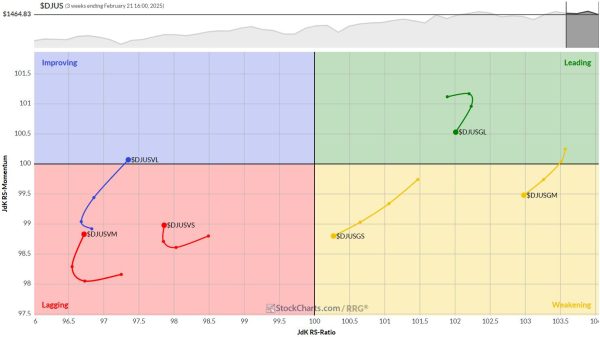With Idaho potentially on the verge of enacting its first school choice program, it seemed like the perfect time to profile a microschool in the Gem State.As a special education teacher, Sarah Riesgo tried to find a school that worked for her sons who have special needs. She tried public and private, but “there was not a place where they were thriving,” she recalls. She decided to switch to homeschooling.
Several of her students and their parents asked where she was going because they wanted to follow her to her new school. When she explained she was going to homeschool, a few of the moms asked if she could homeschool their kids, too. She’d never thought of that, but she agreed to give it a try. She started with six or seven kids in her living room for the remainder of the year. But word spread, and some other families asked if their children could join. “We actually ended up renting a little one-room schoolhouse where I had fifteen kids last year,” Sarah explains. “And it kind of spread by word of mouth. We grew into an actual building this year, and now we have thirty kids, so we doubled from last year—without advertisement.”
This is the first year Sarah’s microschool, which she named Victory Christian Enhanced Learning Center, is open to the public. The current enrollment is K‑8 with a mix of homeschoolers and kids from public and private schools. She uses a one-room schoolhouse approach with combined grades and an individualized approach to content.
“If they’re closer in age, we’ll do, like in math, we’ll do introductions to new concepts together, and then we’ll kind of break off,” she says. “Really it’s not as much by grade, but it’s more the individual student. So if I have a third grader that’s struggling, he might need first- or second-grade work, which is totally okay. I’m not going to put him in the first-grade class. I still keep him with third grade and then just tailor his work to his own needs.”
They start every day with the pledge, then prayer time, and then a group devotional. Then they split off into individual classrooms to work on the core academics: math, literature, science, and history. Toward the end of the day, they have “enrichment” courses, which include physical education, gardening, and animal care. At the end of the day, the groups all gather together for choir.
“We do a lot of agricultural science,” Sarah says. “We have two baby goats right now, and we have ferrets. In the spring, we’re getting our eggs again, but we had chickens last year, and they have a rabbit. So the kids learn how to cultivate that kind of stuff and be stewards of what they’re given and take care of the animals. And it’s really been a fun experience for them.” Eventually, she hopes to find a bigger space with more land, but she feels very fortunate to have found a place that lets them do all of this.
Victory Christian’s full-time program is Monday through Thursday, but parents can also choose the hybrid homeschool enrichment program. “They get to pick two days a week to come—and that’s totally up to the parents,” explains Sarah. “If they’re doing a homeschool program or anything like that, they can come here, and they can socialize. We have three teachers where they can get some extra help if they need it for math or anything. And then they’re also part of our agricultural science stuff too, so they get that experience as well.” The teachers will send packets home for the other days if the families want so the kids can stay on track with the full-time students.
Sarah is being careful in terms of expansion because she wants to keep the benefits of the small environment. She says, “We do want to grow, and eventually the dream is to have our own land and our own little, you know, modules on there. So we can have more space for the garden and the chickens and the goats. Over the summer, we plan on advertising and kind of spreading the word and letting people know we exist. And then we are going to end up hopefully just getting like a second third-fourth grade class or a second kindergarten class. I still want to keep the class sizes small; that way each kid is able to have individualized attention.”
It’s too early to say whether Sarah would participate in a school choice program if one is passed in Idaho. The Idaho education tax credit that was passed by the Senate this week and is heading to the governor would provide a $5,000 tax credit for eligible education expenses, including microschool tuition. It’s unclear if microschools would have to apply to participate in the program or if parents would just submit their expenses. Sarah and her staff have discussed the idea and need to know more before deciding.
“As far as I know, right now I have the lowest tuition in the state, and I try to keep it that way just to make it affordable for families. We were fortunate to receive some donations and grants where we are able to scholarship some students,” she says. “My goal is to make this accessible to as many families as we can, which is why we try to keep the costs low. We really just cover operational costs here, and we go by donations and we go by grants. Once we look into it—and if we find it would be helpful and it would allow more families to be able to benefit from us—then I think we would be on board. We just have to check into it more.”




























